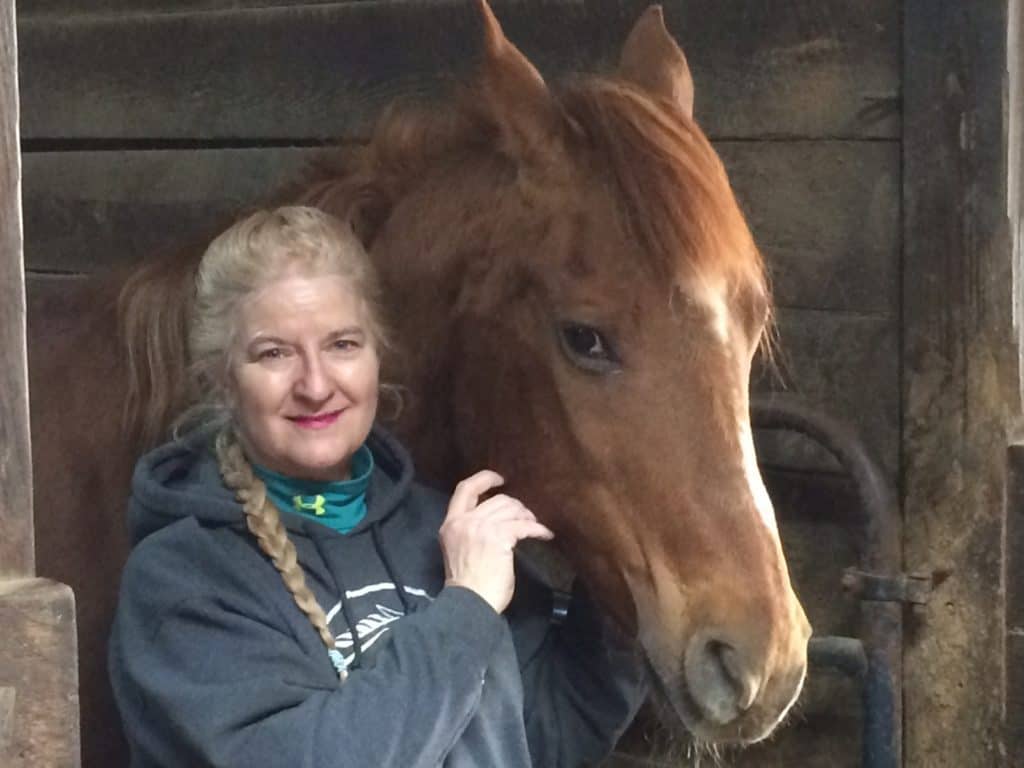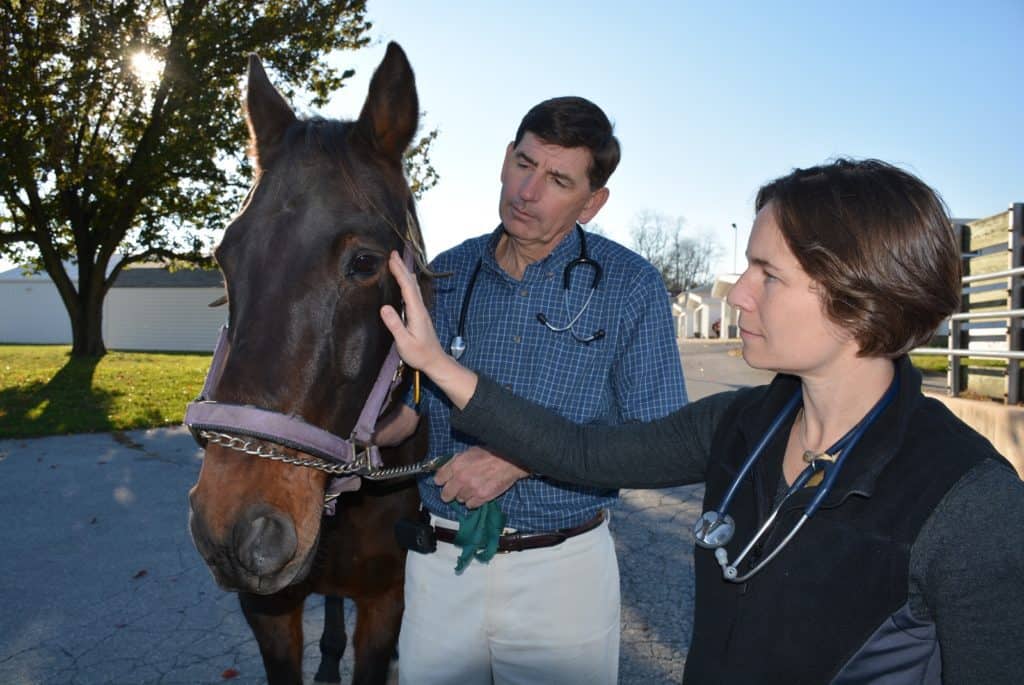TAHC Releases Equine Herpesvirus Quarantine
Texas officials have released the El Paso premises quarantined for equine herpesvirus.
Texas officials have released the El Paso premises quarantined for equine herpesvirus.
The facility was quarantined after a horse previously residing there tested positive for EHV-1 in Florida.

The affected horse, which was shipped from Virginia, tested positive for the neurotrophic form of the virus.
The affected farm completed all quarantine requirements and only the index case showed signs of disease.

A barn owner describes dealing with equine herpesvirus on her farm and shares what she learned from the experience.

The El Paso County horses are now two of 74 linked to an equine herpesvirus outbreak at Sunland Park in New Mexico.
The Arizona Department of Agriculture lifted its quarantine of Turf Paradise Racetrack, in Phoenix, on Feb. 18, 2016.

The aged Quarter Horse mare tested positive last week and remains under quarantine.

Meanwhile, two local training centers–Jovi and Lazy S–have been released from quarantine.

The affected filly is receiving veterinary care and is expected to make a full recovery.

Three horses were released from the isolation barn on Feb. 9 and eight exposed barns have returned to nonexposed status.

A 14-year-old polo pony from Riverside County that was euthanized after developing neurologic signs tested positive.

A neurology specialist reviews the confusing landscape of laboratory diagnostics for neurologic disease in live horses.

Most affected horses are from 19 barns at Sunland Park. Two EHV-1-positive horses are at a nearby training center.

The affected horse has been euthanized due to progressive neurologic disease.

New Mexico’s acting state veterinarian Alexandra Eckhoff, DVM, offered tips to horsemen at two Feb. 1 meetings.
Stay on top of the most recent Horse Health news with
"*" indicates required fields